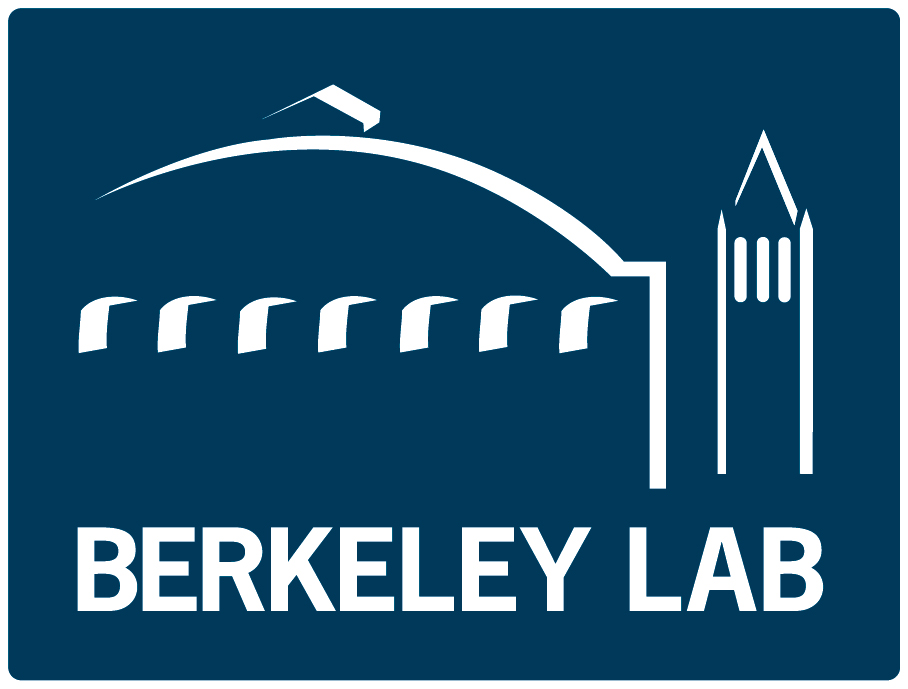APPLICATIONS OF TECHNOLOGY:
- Agriculture
ADVANTAGES:
- Facilitates manipulation of nutrient distributions, the establishment of mycorrhizal interactions, and noninvasive in vivo imaging of mycorrhizal infected roots
- Can be iteratively improved and rapidly prototyped
ABSTRACT:
Berkeley Lab’s EcoFABs are precisely controlled compartments in which researchers conduct replicable laboratory experiments to study microbiomes using small plant and microbe growth chambers. Researchers led by Berkeley Lab’s Trent Northen have developed the MycoFAB, an EcoFAB device to study mycorrhizal plant-fungal interactions.
The MycoFAB has two chamber types: a middle chamber where the plant grows and two side chambers for insoluble nutrient sources. A support structure facilitates a physical barrier to separate the chambers. The MycoFAB chambers isolate the plant from insoluble sources of phosphate, a limited yet essential nutrient for plant growth. Therefore, plants can be forced reliably into mycorrhizal interactions, as in the association of roots with fungi.
This EcoFAB iteration permits the observation of fungus-promoted growth of plant roots, the mobilization of inorganic phosphate, and the direct observation of how these phenomena occur within soil. The MycoFAB can confirm the effectiveness of arbuscular mycorrhizal (AM) fungi treatment for a target crop as well as capture in situ microbe-plant interactions in root hairs or root vascular tissue. Ultimately, the new Berkeley Lab technology permits direct observation of how plants can overcome phosphate limitation.
DEVELOPMENT STAGE: Prototype
STATUS: Patent pending. Available for licensing or collaborative research.
SEE THESE OTHER BERKELEY LAB TECHNOLOGIES IN THIS FIELD:
EcoFAB Plant Grow Chambers for Microbiome Research 2017-048
